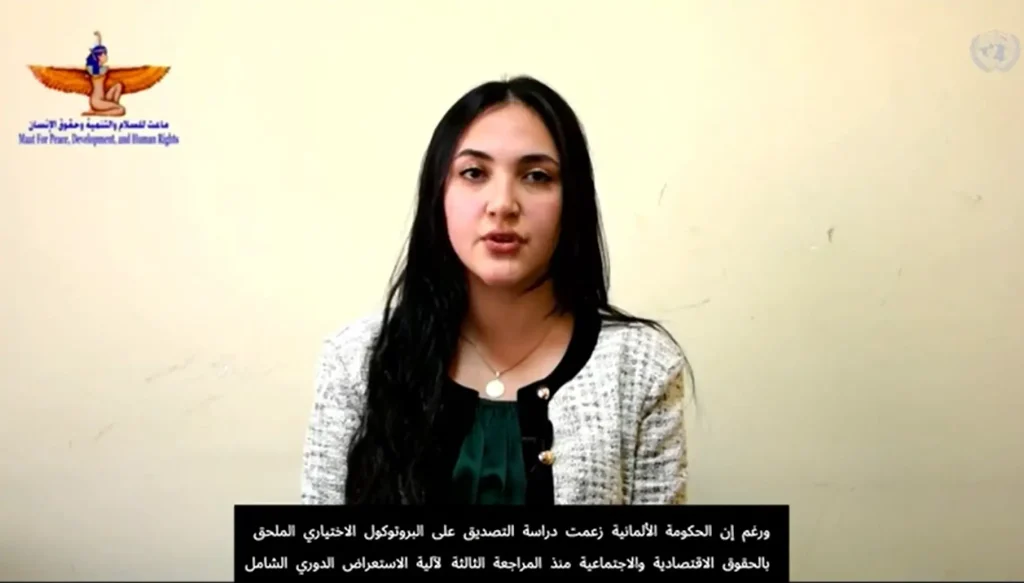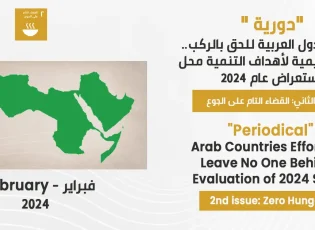A health and environmental crisis threatening the lives of citizens in Aswan
Maat appeals to ministries Health, agriculture, water resources and irrigation, with urgent intervention to preserve the lives of citizens
In light of the results of the visits “Technical and Legal Support Unit for NGOs” Which is implemented by the Maat Foundation for Peace, Development and Human Rights for the Egyptian NGOs, and within the framework of its visit to Aswan Governorate, the Foundation monitored the suffering of the citizens of the governorate from a problem related to the pollution of the Nile water with sewage water and the waste of the Kima factory for chemical industries, which caused the spread of kidney diseases and hepatitis among a number of A large resident of Aswan Governorate. The visit comes as part of an integrated program to provide technical and legal support to Egyptian NGOs throughout the Republic, within the framework of a project The Universal Periodic Review as a Tool to Improve Public Policies.
According to the information available to Maat Foundation, and based on discussions with a number of citizens and leaders of civil society organizations in the governorate, it was found that the crisis began when the “torrent bank” was established in the sixties of the last century, to protect the city of Aswan from the risks of floods that fall abundantly from the eastern side in The direction of the Nile is northward, and the length of this drainage extends for about 9 kilometers from the southeast to the city of Aswan to its north, until the flood waters pour into this drain and from there to the Nile. With the passage of time and the crowding of the population mass in the eastern city of Aswan, Al-Sail Bank began to take another role when a group of violating citizens began using it as a sewage and wastewater drain, and the Kima factory in Aswan began to get rid of some of the dangerous waste of the factory in the bank, and the efforts of the former governors of the governorate failed to find a solution. Of the crisis.
This contradicts a number of recommendations accepted by the Egyptian state during the second session of the UPR in March 2015, the most important of which were:
- Recommendation No. 166-273, submitted by the Maldives, which provides for “taking practical measures to ensure access to safe drinking water and sanitation services for all, especially for people in rural areas”.
- Recommendation No. 166-267, submitted by Iran, which states "to intensify its efforts to realize economic, social and cultural rights, including the right to health."
- Recommendation No. 166-274, submitted by Uzbekistan, which states “Continue efforts to ensure quality education and health care”.
In light of this, Maat Foundation appeals to the Prime Minister, the Minister of Health, the Minister of Water Resources and Irrigation, and the Minister of Agriculture to quickly take the necessary measures in order to protect the Nile waters from pollution and cause the epidemic danger that kills citizens as a result of the outbreak of diseases among them, and in order to preserve Agricultural products that are affected by water pollution.










